It goes by many names; Christgau called it “skronk.” Bangs called it “horrible noise.” You probably call it “hipster shit.”
It’s gone by many labels and definitions. When in 1955 Chuck Berry released Maybellene, many a parent dismissed it as “noise.”
Black Sabbath opened their debut album with the tritone, the infamous Devil’s interval. Which was even banned by previous historical generations. Combine that with the banshee-like quality of Ozzy’s voice, and you have all the ingredients of noise.
Needless to say, without Sabbath we wouldn’t have heavy metal. And without Berry, we wouldn’t even have rock n’ roll. Without “noise” we would be without the defining cultural statement of the 20th century.
Now, in the 21st century, noise remains one of the few genres to stay unmolested by corporate fingers. One of the few musical expressions to remain just that; an expression.
And it’s a pure expression, very cathartic. As Rob Christgau noted; “you’ll never feel as shitty as this record.”
But you’ll never feel better too. That’s the beauty of it. And it is beautiful. ‘Cause it’s human.
Noise is imperfect. Not unskilled, for any asshole can arrange notes. But it takes ability to arrange noise. And this melding of imperfection and incredible skill is the essence of human.
Someone said “we read to know we are not alone.” Well that’s why we listen to music. Noise music reminds us that it’s OK to feel. That an expression of humanity is perfectly acceptable.
You ask most people to describe the most prominent emotion of, say, Funhouse by The Stooges, and you’ll most likely get the answer “angry.”
Well, that’s because Iggy and co. were fucking pissed off. That sounds like an over simplification. But hold on a sec…
If you record that feeling, and it goes down in history as Funhouse has, then that means not only are there similarly afflicted people out there, but that it’s not just OK to feel, it’s right.
So, if it’s right to feel angry, then why isn’t it right to feel happy? Or scared? Or sad, lonely, overjoyed, or anything else? When we listen to music “to know we are not alone,” what we’re looking for is not just company, but validation.
Which may sound ridiculous. ‘Cause it is. The fact that we live in a world where we need to validate our emotions through someone else’s demonstration of that feeling is absolute bullshit.
In an ideal world, we wouldn’t have to. Which is why such drastic measures as Funhouse were created.
Noise music is as pure a vocalisation of frustration, desperation, fear and fury and all those mean-nasty-ugly things as you’re going to get.
Which is why it’s not on the radio. Besides the fact that you can’t dance to it, that much emotion, especially that much negative emotion, is not going to be easy listening. This ain’t Burt Bacharach.
On the opposite end of the spectrum you have Shonen Knife. A band so ecstatically happy it’s both off-putting and almost insincere sounding. But isn’t that expression as equally valid as Nick Cave’s darkness? There’s only one right answer to that.
What you hear on the radio or your TV set usually falls into three categories:
1) Love songs.
2) Party songs.
3) An unholy combination of both.
And just like Shonen Knife’s bliss and Nick Cave’s blues, expressions of love and good times are perfectly valid. The trouble is, they, along with vocalisations of extreme darkness, appear to be the only valid expressions.
It’s understandable why people prefer one over the other. But, when you start to limit what feelings are acceptable for public consumption, you’re only getting a very small fraction of what it means to be.
And even then, there’s sad movies, there’s fearful books, there are other ways to try and come to terms with humanity’s being, through culture, than music.
In music though, there does appear to be a disposition towards those two extreme opposites. Not just in the consumption of the music, but in the creation of it.
Which is why noise music is so vital. Yes, it is all of the negative emotions listed above. But through its cathartic qualities, it rises above that negativity and turns into something truly positive.
To only take on board its surface feelings is to miss a crucial point. There’s no beauty in the sound, but in the expression there is wonder.
Wonder at what it means to be human. That most likely was not the intention behind the music’s creators, but it amounts to the same thing.
The effect is the same; to feel is to be human. And Iggy Pop, Captain Beefheart, Swans are/were unafraid to feel. Unafraid not just to push the boundaries of what’s (un)acceptable in rock n’ roll music, but of the human condition.
And thus, they opened up new avenues of being for legions of fans the world over. All that catharsis, all that hurt and pain. At least some good was wrung from the sweat-soaked stage clothes of these performers.
Never more did we need noise than now, in 2017. With oppression running amok in the USA, it seems Superman’s old mantra of “truth, justice and the American way” just doesn’t ring true.
But feedback might. Maybe dual polyrhythmic drummers. Or at least the anguished howl of a tuneless punk. Generations may be fictions, but feelings aren’t. And neither are people.
by James Fleming


















































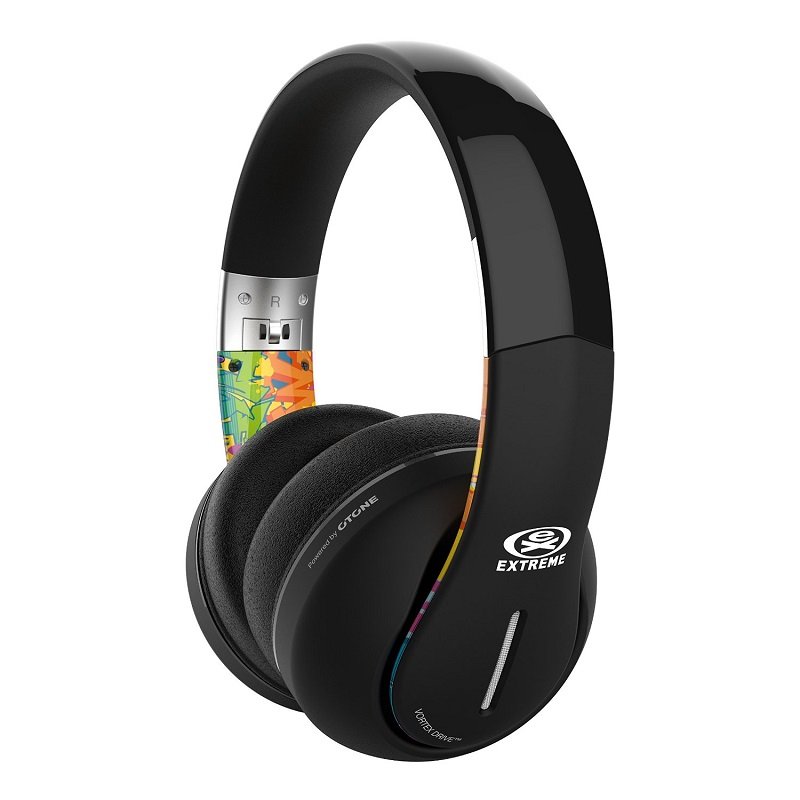
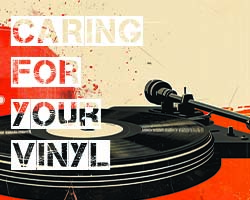



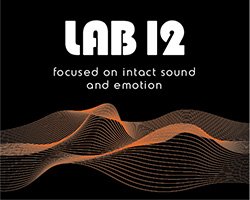
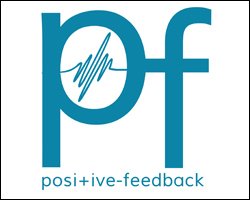


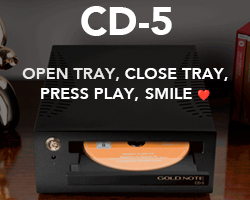















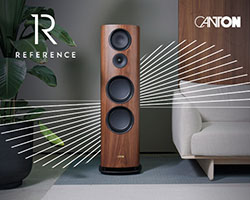


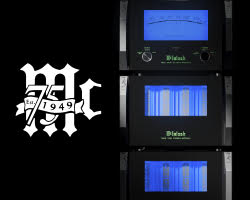











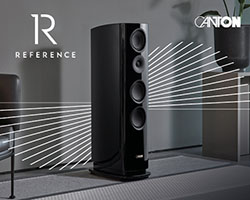








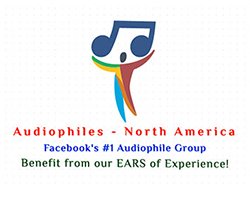

















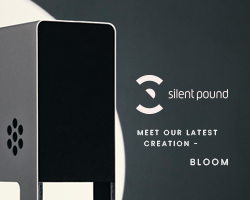







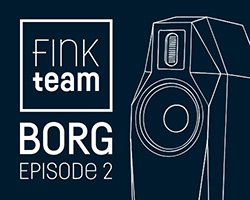






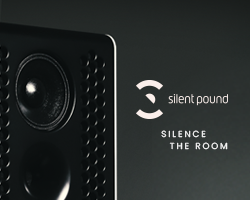





















































You must be logged in to leave a reply.